Cemetery land sale preserves trails through Morley Heights and Woodland wilderness
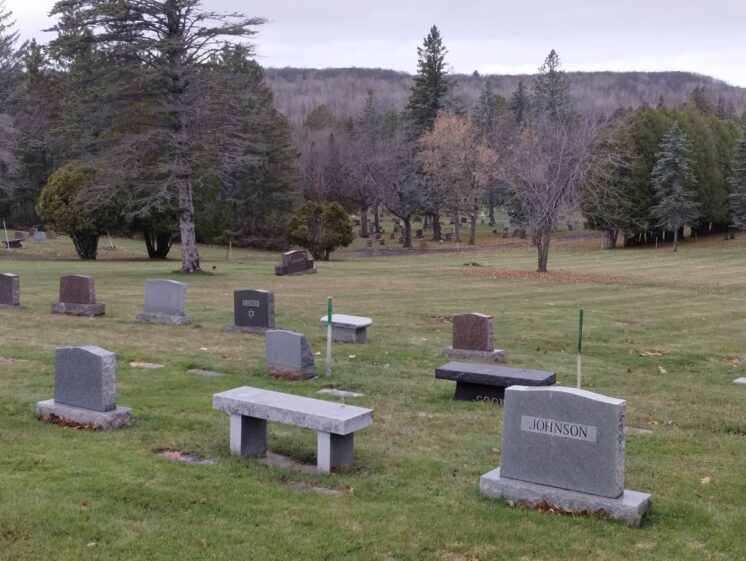
Park Hill Cemetery is located off Vermillion Road in the Morley Heights neighborhood of Duluth. The Park Hill Cemetery Association is selling 52-acres of excess property on its northern edge to the city of Duluth. The property will remain natural. (Photos by Mark Nicklawske)
A rugged chunk of deep forest in a remote northeast corner of Duluth has been secured for preservation and ongoing trail use after city officials agreed to buy the property, which was reserved for cemetery space more than 100 years ago.
The Duluth City Council approved a purchase agreement for 52-acres of land adjacent to Vermillion Road from the Park Hill Cemetery Association on Oct. 30. The city will pay $664,800 for the three parcels that connect to Downer Park, a small, undeveloped natural area along Amity Creek in the Morley Heights and Woodland neighborhoods.
Duluth City Councilor Noah Hobbs said the area will remain park land. The Superior Hiking Trail, a mountain bike trail and a state snowmobile trail currently have easements through the cemetery-owned property.
According to a city resolution, state and federal grants that match each other will be used for the property purchase. No city money is dedicated to the sale.
Duluth Property, Parks and Libraries Director Jim Filby Williams said the city moved quickly to purchase the property and secure it as public space. The land is largely in a hard-to-develop wooded area with steep slopes, wetlands and a designated trout stream.
A September real estate listing touted a 12-acre parcel along Amity Creek for possible home construction. The property was included in the city purchase and will remain in a natural state.
“It’s natural resources of exceptional value and fragility — (with) numerous factors that mitigate against development,” said Filby Williams. “One of the things that we’re trying to do is protect property like this that has little or no development value but great ecological and recreation value.”
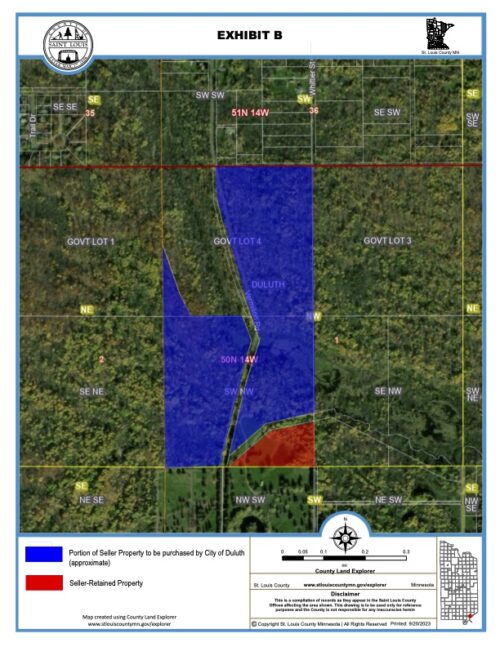
A map shows the northern portion of Park Hill Cemetery property purchased for park space. The parcels purchased along Vermillion Road are shown in blue. (Source: city of Duluth)
Filby Williams said there are approximately 450 acres of underutilized private and tax-forfeited land in the northeast corner of the city. In addition to Park Hill Cemetery, neighboring Forest Hill Cemetery is also a major area landowner with some 50-75 excess acres. St. Louis County controls the remaining tax-forfeited property.
Just like the Park Hill Cemetery purchase, the city would like to buy green space with difficult terrain at Forest Hill Cemetery and preserve it for park and trail needs, he said. Other property more suited to development would be left to private interests.
“What we’re trying to do is break a logjam with tax-forfeited properties and the cemetery properties,” said Filby Williams. “You’ve got undeveloped open space that is neither protected nor, as a practical matter, available for development.”
The Imagine Duluth 2035 comprehensive plan adopted in 2018 creates a guide to open space change. The plan maps out potential development and preservation options in the Morley Heights and Woodland neighborhoods surrounding Downer Park.
“So long as the community and public officials are focusing on small parcels in isolation, it’s really hard for the government to move forward,” he said. “The fact that most of the city tax forfeited lands have been in tax forfeit status for upwards of 50 years attests to the fact the status quo is kind of sticky.”

The Morningside Trail links Vermillion and Jean Duluth roads and is part of the 40-mile Duluth Traverse.
Cyclists of the Gitchee Gumee Shores Executive Director Ansel Schimpff said the Park Hill Cemetery purchase secures the existing Morningside Trail, which runs between Vermillion and Jean Duluth roads. A loop trail for beginners will be constructed on additional property in this area.
Morningside Trail is a critical link in the Duluth Traverse, a nearly complete 40-mile beginner/intermediate trail connecting Lester Park and Chambers Grove. Had the property fallen into private hands, the Duluth Traverse would have been blocked in that area with no bypass options, said Schimpff.
The cemetery purchase also includes a 20-acre parcel west of Vermillion Road. This parcel will be used to extend Morningside Trail about a half mile west to the Upper Woodland neighborhood. Unused Forest Hills Cemetery property is needed to complete the link.
“That’s going to be the last piece of this big project, so we’re really looking forward to celebrating the final completion of the Duluth Traverse project and seeing where COGGS goes from there,” said Schimpff.
Park Hill Cemetery was established on less than 4 acres of land in 1888 by the First Norwegian Evangelical Church. It is now operated by First Lutheran Church, located in the 1100 block of East Superior Street. The property sale will leave the nonprofit cemetery association with just under 100 acres of cemetery space.
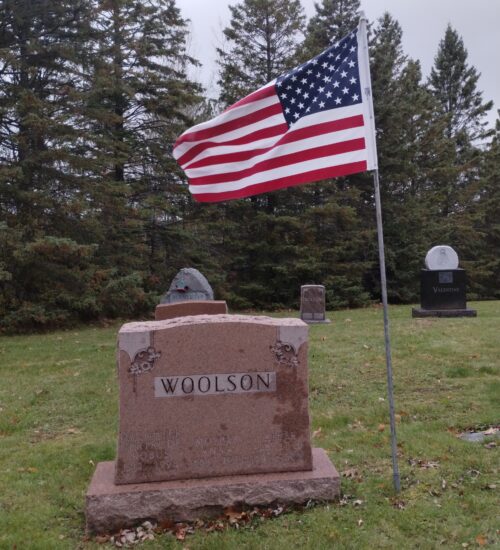
The last surviving Civil War veteran Albert Woolson died in 1956 and was buried in Park Hill Cemetery.
Superintendent Jennifer Rich said more than 50,000 people are interned at Park Hill Cemetery with about 140 added every year. The last surviving Civil War veteran Albert Woolson was buried on its grounds in 1956. Elias Clayton, Elmer Jackson and Isaac McGhie, who were victims of a 1920 racially motived lynching in downtown Duluth, are also buried at Park Hill Cemetery.
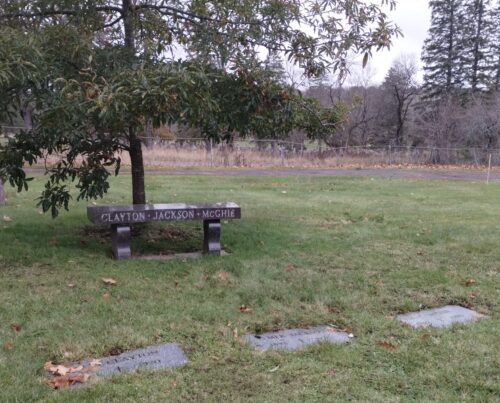
Elias Clayton, Elmer Jackson and Isaac McGhie, who were victims of a 1920 racially motived lynching in downtown Duluth, are buried at Park Hill Cemetery.
Rich said trail access has been granted on undeveloped cemetery property through a land use permit. The Superior Hiking Trail came through the area about 17 years ago and the COGGS mountain bike trail was established around 2015.
Rich said she expects the sale to close within the next two months.
Park Hill Cemetery Association board members did not respond to a request for comment.
Recommended Links:
Leave a Comment
Only registered members can post a comment , Login / Register Here



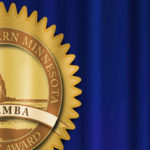

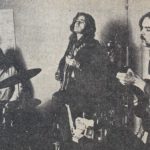



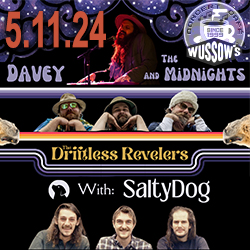


3 Comments
Northern_Owlbear
about 5 months agohbh1
about 5 months agoPaul Lundgren
about 5 months ago